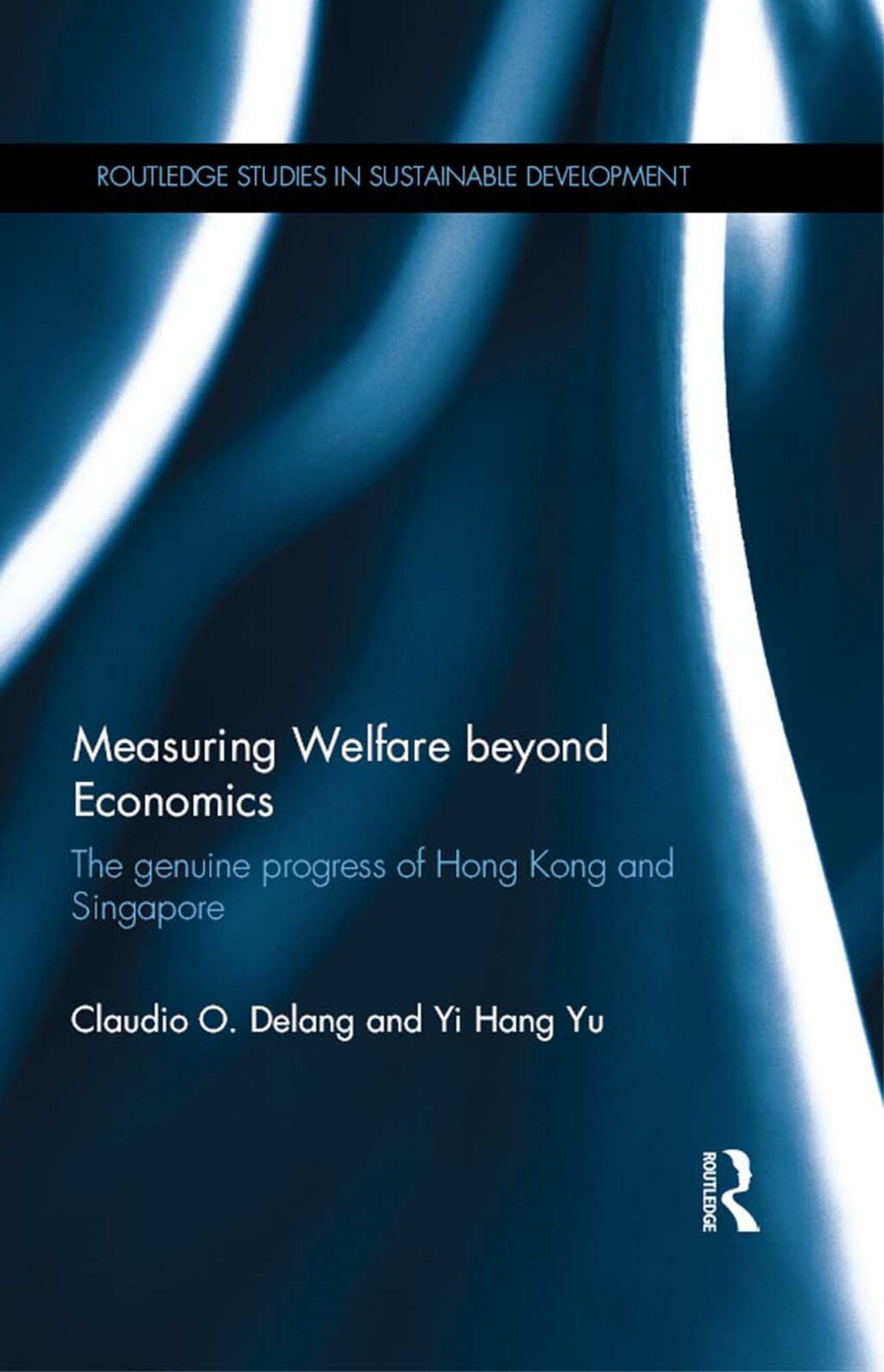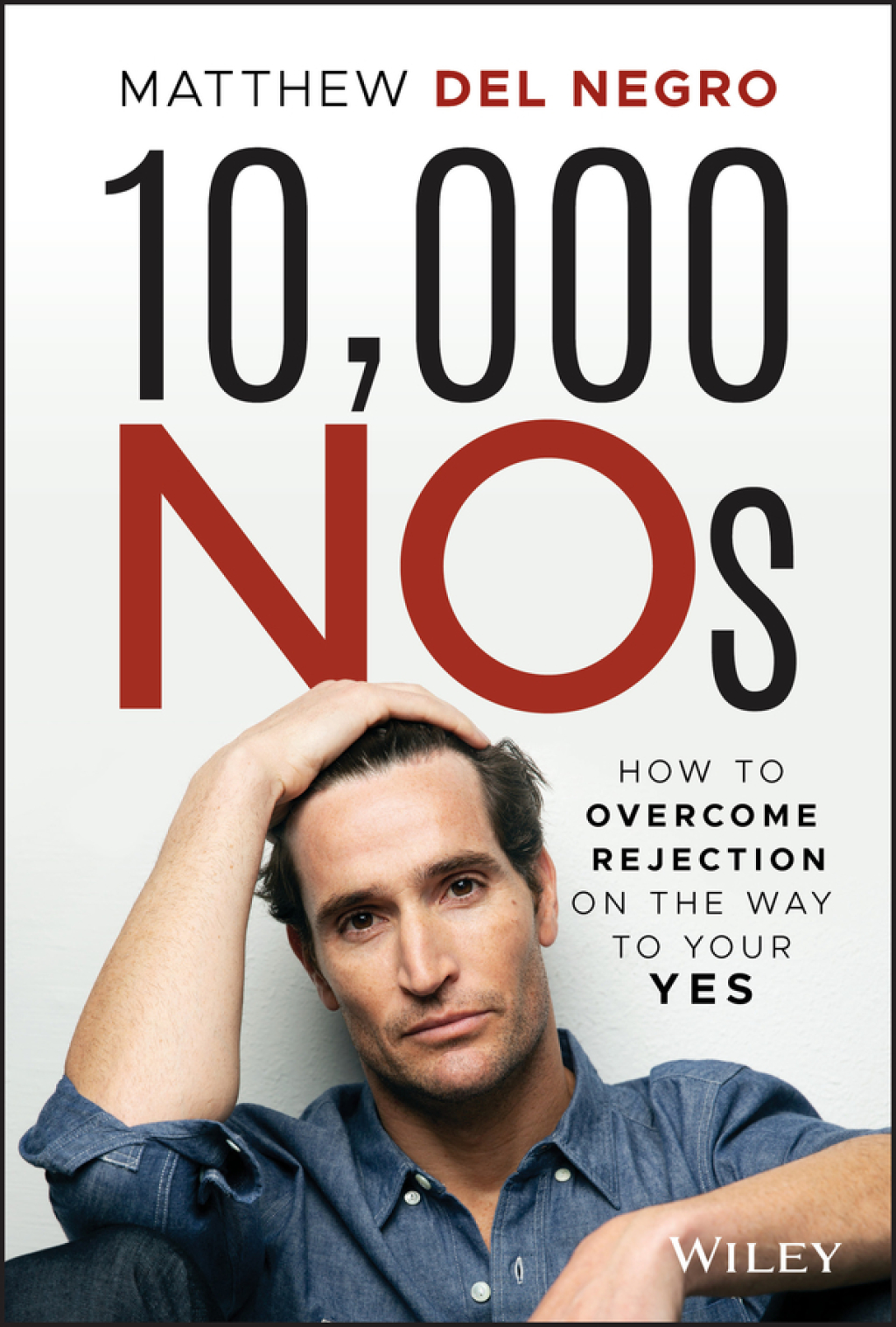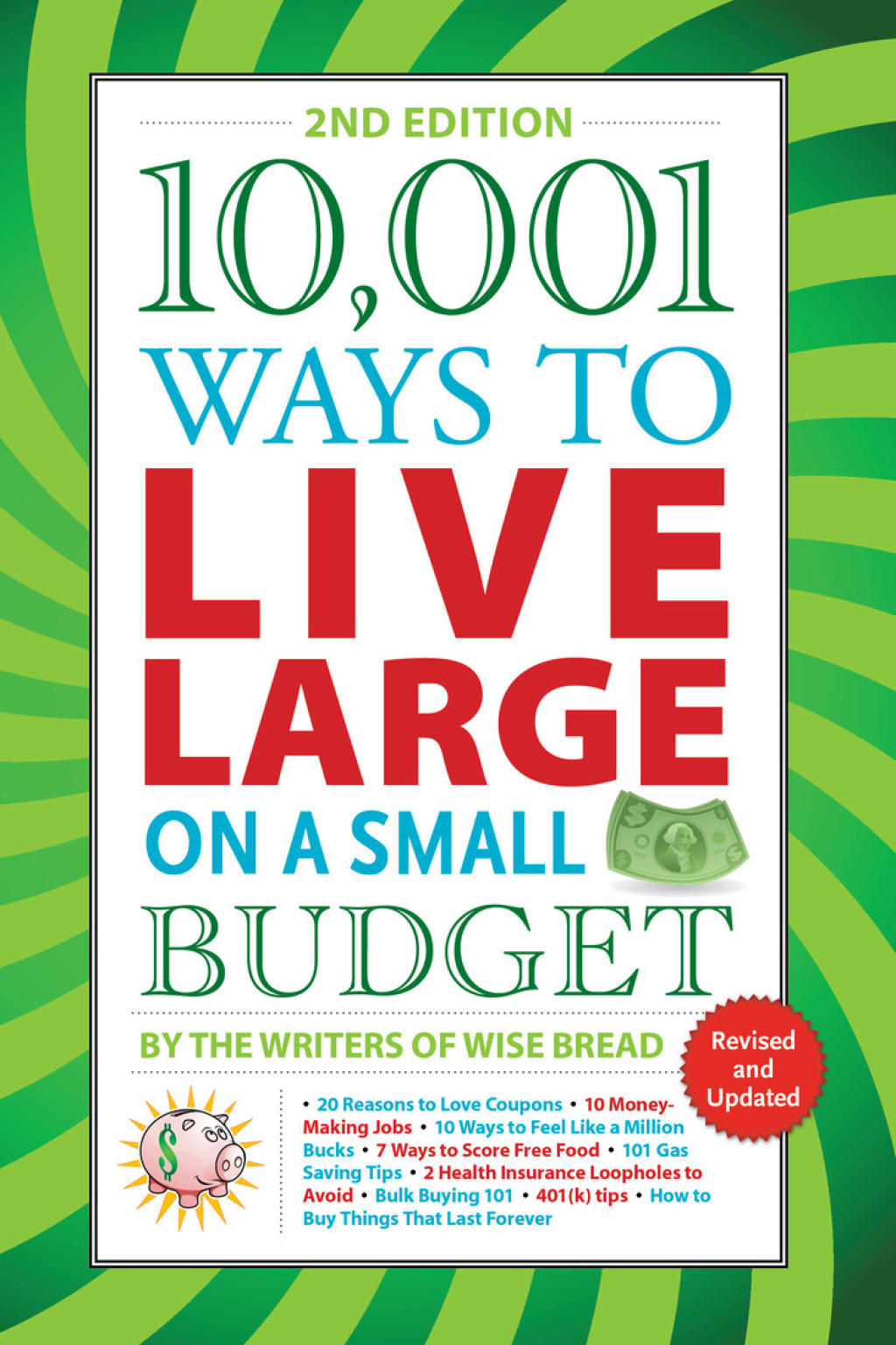Description
Dissatisfaction with the Gross Domestic Product (GDP) as an indicator of a country’s development or a population’s wellbeing led to the development of the Genuine Progress Indicator (GPI). The GPI is an aggregate index of over 20 economic, social and environmental indicators, and accounts for both the welfare benefits of economic growth, and the social and environmental costs which accompany that economic growth. The result is better information about the level of welfare or well-being of a country’s population. This book measures the GPI of Hong Kong and Singapore from 1968 to 2010. It finds that for both countries, economic output (as measured by the GDP) has grown more than welfare (as measured by the GPI), but important differences are also found. In Hong Kong, the GPI has grown for the whole period under consideration, while in Singapore the GPI has stalled from 1993. This is in line with most countries and is explained by the “threshold hypothesis” which states that beyond a certain level of economic development the benefits of further economic growth are outweighed by even higher environmental and social costs. The book argues that the growth of Hong Kong’s GPI is due to its favourable relationship with China and in particular its ability to export low-wage jobs and polluting industries, rather than successful domestic policies. A stalling or shrinking GPI calls for alternative policies than the growth economy promoted by neoclassical economists, and the book explores an alternative model, that of the Steady State Economy (SSE).






